
Dapagliflozin received FDA priority review for reducing risk of CV death in adults with heart failure with reduced ejection fraction.

Dapagliflozin received FDA priority review for reducing risk of CV death in adults with heart failure with reduced ejection fraction.
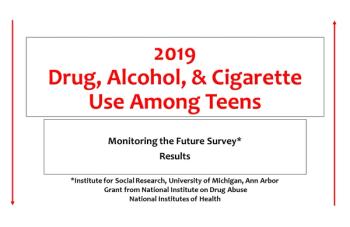
Survey Says: Use of cigarettes and alcohol is down among teens but daily marijuana use is up among 8th graders and and vaping is accelerating rapidly among 10th and 12th graders.
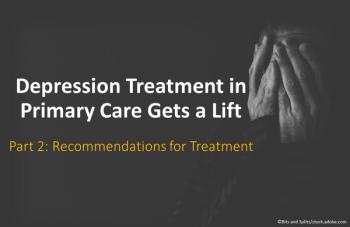
Highlights from a recent evidence-based review offer guidance on feasible depression treatments in primary care.

The FDA has approved the first oral CGRP receptor antagonist in pill form for the acute treatment of migraine with or without aura in adults.
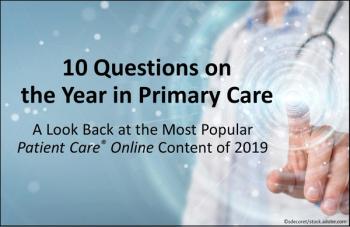
From measles resurgence to new CVD guidelines, refresh your memory of this year’s highlights with our quiz on the most-read content on Patient Care®.

Try these 7 questions on guideline-oriented cystic fibrosis diagnosis and treatment.

Is there an attitude problem about obesity?

Is Santa's lifestyle good for his health? Scroll through this quick slideshow for a deeper look at how 5 of his habits, both naughty and nice, impact his health.
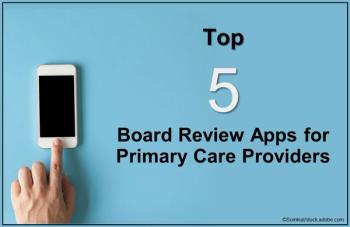
The NEJM Knowledge+ Internal Medicine Review app, a flashcard app from the American College of Physicians, and 3 more apps that can help busy physicians ace any board exam.
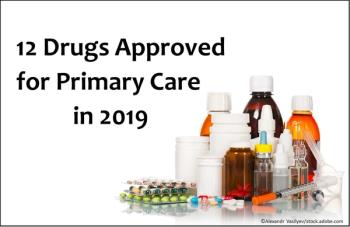
ICYMI: Get a quick look at 12 of the many drugs FDA-approved in 2019 for conditions commonly seen in primary care.
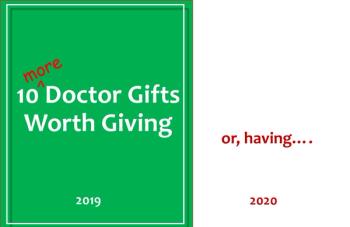
RELAX: The right gift is out there--as proof, Patient Care has collected 10 more ideas for medical merry-making that range from serious to silly. Enjoy!
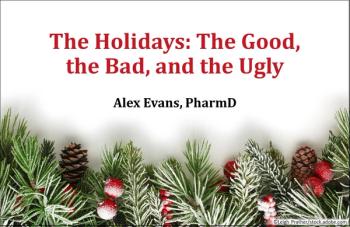
Check out the good, the bad, and the ugly side of the holiday season and how it impacts the overall well-being of both physicians and patients.
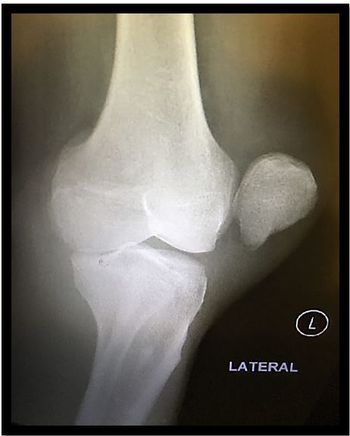
A 44-year-old man arrives at the ED via ambulance complaining of knee pain and inability to bend or fully straighten his left leg. He had been in a wrestling competition.
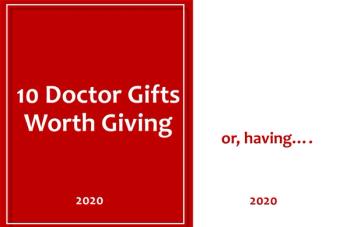
In an effort to promote some good-natured holiday healthcare gift-giving, editors at Patient Care® did some window shopping for you.

From healthy eating patterns to keeping that feast safe to eat, offer patients these 8 tips to kick off a healthier holiday season.
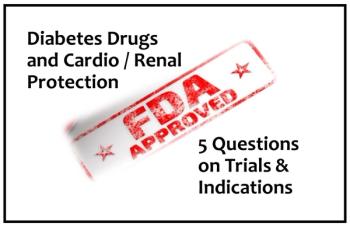
Cardiovascular outcomes trials of diabetes drugs have led to label expansions and guideline endorsements. Do you recall the studies and the outcomes? Find out, here.

These 6 recommendations from the CDC can aid physicians in differential diagnosis and treatment of EVALI and the flu.
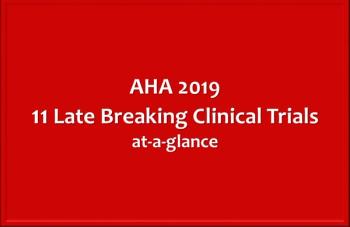
AHA 2019 ICYMI: Summaries of 11 late-breaking clinical trials presented at the 2019 Scientific Sessions held in Philadelphia, PA, Nov 16-18.
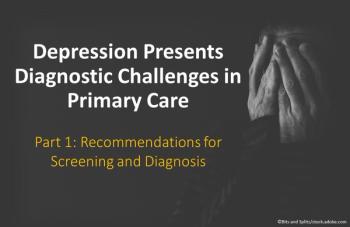
Highlights of an evidence-based review offer practical guidance for effective depression screening and assessment strategies for primary care physicians.
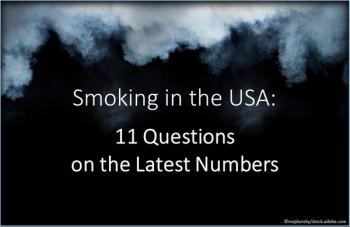
Sample: What tobacco product was most commonly used among US adults in 2018? E-cigarettes? Traditional cigarettes? Neither? The answer may surprise.